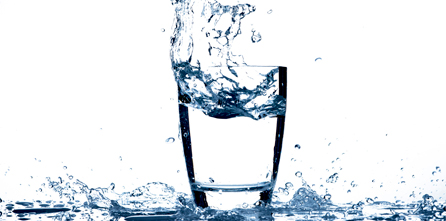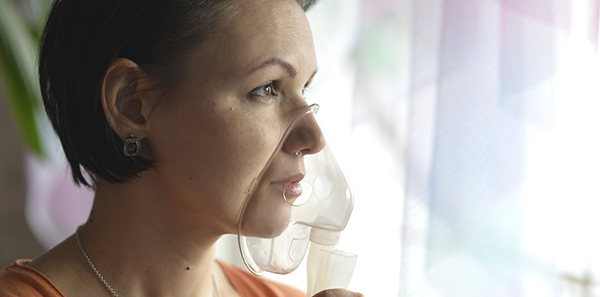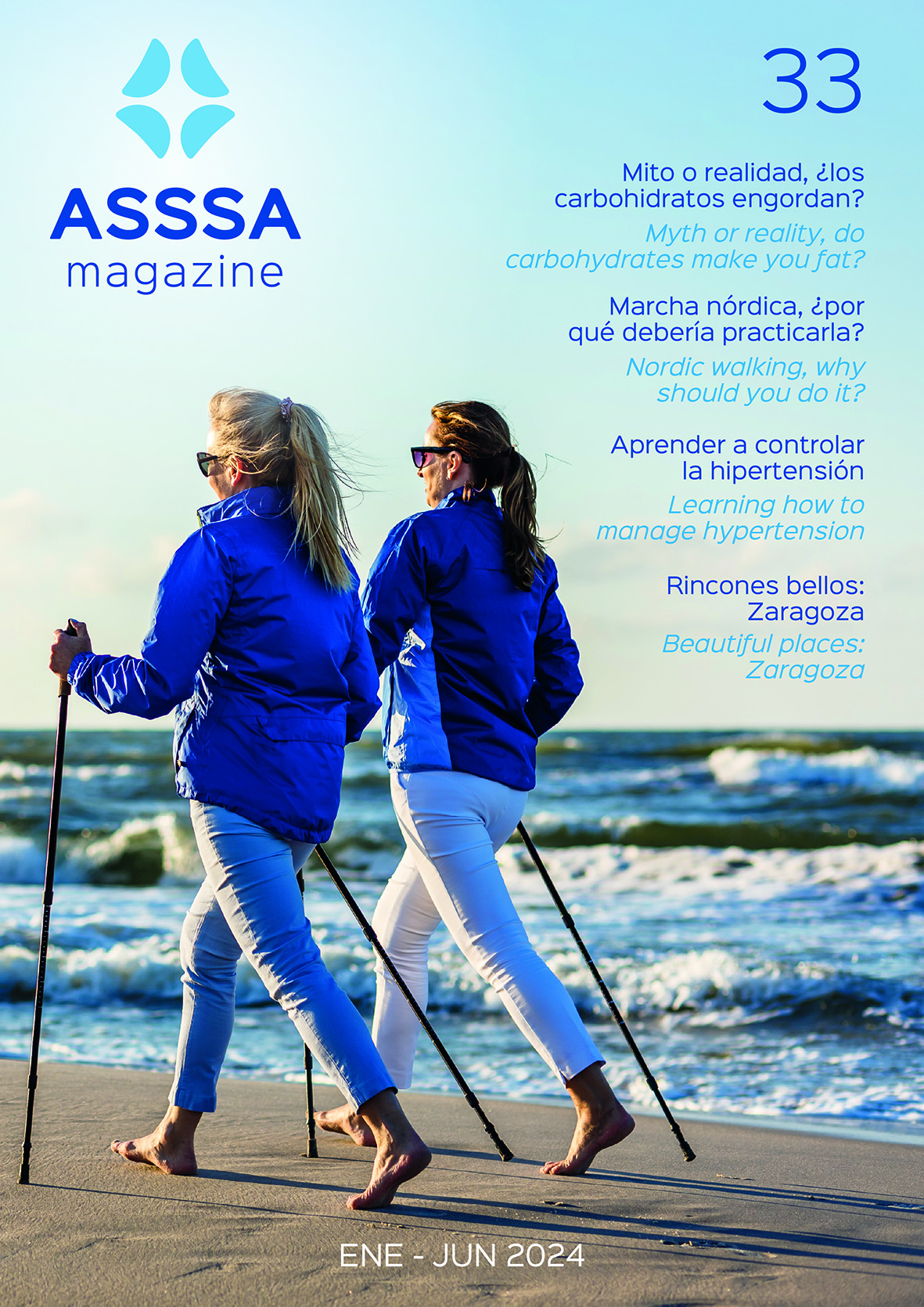
Dehydration occurs qhen your body loses more fluid than you take in. This frequently upsets the body's natural balance of mineral salts and electrolytes, especially sodium and potassium. Dehydration is the most common form of water-electrolyte imbalance in elderly people.
Dehydration is a greater risk in the elderly and the very young and it can have very serious consequences. In elderly people, the body's compensatory response to physical, metabolic or environmental stress is slow and incomplete.
The metabolism of sodium and of water are colsely linked to each other. The body's sodium content depends on dietary intake on the amount eliminated by the kidneys. In normal people, sodium levels remain largely constant, despite dietary variations. In elderly people, owing to a series disturbances in water metabolism, the amount of water in the body decreases proportionally with age and this loss is far greater in women. The principal contributing factors for these imbalances are thirst and age-related kidney disorders. The central nervous system controls the water-electrolyte balance by means of the antidiuretic hormone (ADH) – thirst feedback mechanism.
The two major groups of factors contributing to dehydration in the elderly are increased water loss and reduced water intake.
In termos of water loss, a major role is played by acute infections (pneumonia and urinary infections), uriunary loss (misuse of diuretics, insipid diabetes, glycosuria in diabetics, some tupes of medication, etc.), gastrointestinal loss (vomiting, diarrhoea, ischemic colitis, etc.), haemorrhages, environmental disturbances (very hot climates, hypothermia), other disorders (burns, ascites, pancreatitis, hypoalbuminemia, peritoneal dialysis, etc.)
Some of the problems causing inadequate liquid intake in elderly people include difficulty in accesing fluids (lack of mobility, physical means of restraint, sight loss), an altered state of consciousness (due to sedatives, fever, central nervous system disorders), cognitive disorders (dementia, psychosis, depression, etc.) or thirst mechanism disorders.
Inadequate fluid intake during hot weather or physical exercise can significantly reduce the body's water levels, particualrly in the elderly, young children, people with chronic illnesses or taking certain kinds of medication. Other major causes of dehydration are vomiting, diarrhoea, excessive sweating, fever and burns.
Mild dehydration can cause symptons such as thirst, headache, weakness, dizziness and fatigue, and usually results in a feeling of tiredness and sleepiness. Symptoms of moderate dehydration include a dry mouth and mucous membranes, little or no urination, sluggishness, rapid pulse and lack of elasticity in the skin. In more advanced cases, blood pressure drops and the heart cannot pump enough blood tu supply organs and tissues.
Strategies for preventing dehydratation include offering liquids frequently during the day, eating a light, frugal diet with plenty of fruit, vegetables and juices, avoiding exposure to the sun and keeping rooms well ventilated and cooled.
If severe symptons of vascular collapse are observed or the central nervous system is affected, hospital treatment is needed.
Dr. Juan Antonio Andreo Ramírez – ASSSA Medical Manager
The information published in this media neither substitutes nor complements in any way the direct supervision of a doctor, his diagnosis or the treatment that he may prescribe. It should also not be used for self-diagnosis.
The exclusive responsibility for the use of this service lies with the reader.
ASSSA advises you to always consult your doctor about any issue concerning your health.











